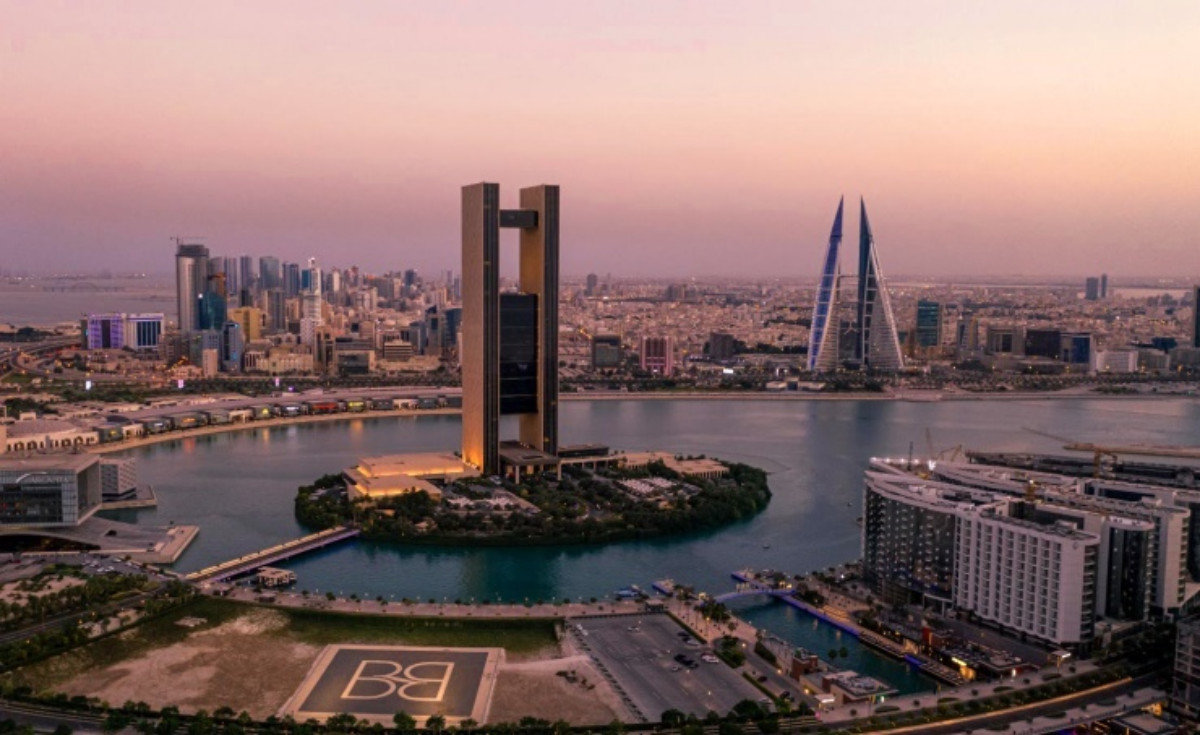Manama, Bahrain — Bahrain is to introduce a tax on large multinational firms for the first time, the kingdom’s official news agency reported Sunday, bringing the Gulf state in line with efforts towards a global minimum corporate rate.
Beginning in January 2025, the measure will place a minimum tax of 15 percent on revenues over 750 million euros ($830 million) generated in the country, the Bahrain News Agency (BNA) reported.
The move aligns Bahrain with the standards of the Organization for Economic Co-operation and Development (OECD) which spearheaded the global minimum 15-percent rate agreed to in principle by around 140 countries in 2021.
The BNA reported that the tax “builds on Bahrain’s proactive engagement with the OECD, dating back to 2018” and “demonstrates its international commitment to global cooperation and its dedication to fostering a fair and level playing field in international taxation”.
A small oil producer and non-OPEC member, Bahrain has sought in recent years to diversify its revenues, which, like its Gulf neighbors, is largely dependent on hydrocarbons.
The United Arab Emirates, long considered a tax haven and the regional headquarters of many multinationals, last year began taxing the profits of companies worth more than 375,000 dirhams (roughly 91,500 euros) at 9 percent.
Oman and Kuwait already have a 15-precent tax rate on foreign companies.
“Bahrain is notable because it has no corporation income tax currently and is going straight to OECD compliance,” Justin Alexander, director of the Khalij Economics consultancy told AFP.
Manama, which is home to the operations of multinationals such as Amazon Web Services, Microsoft and Pepsi had opposed corporate taxes up until a few years ago “because of concerns about competitiveness,” Alexander said.
“But its persistent fiscal deficits mean that the benefits of the income it will generate should outweigh any negative competitive implications,” he added.
According to the OECD, the introduction of a worldwide minimum corporate tax rate should generate $220 billion in additional annual revenue for governments.








